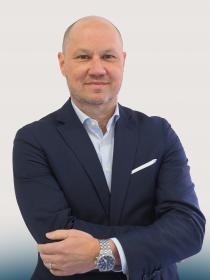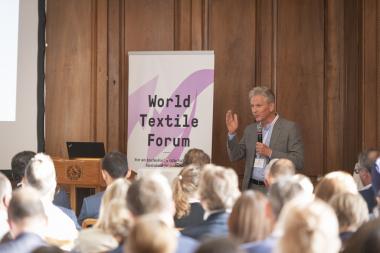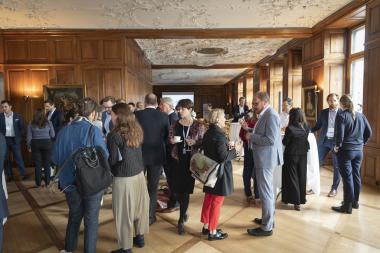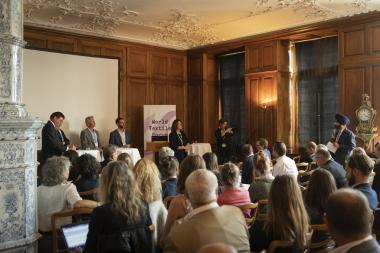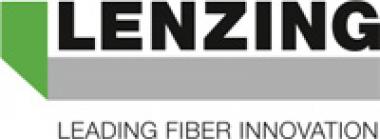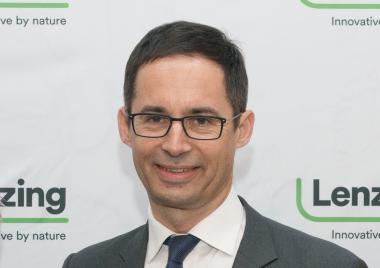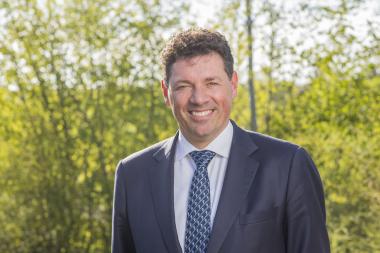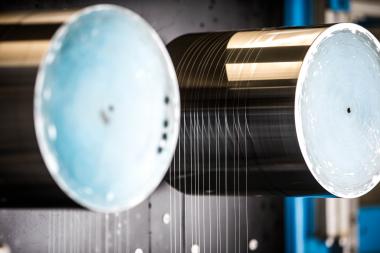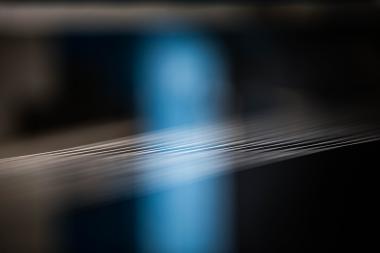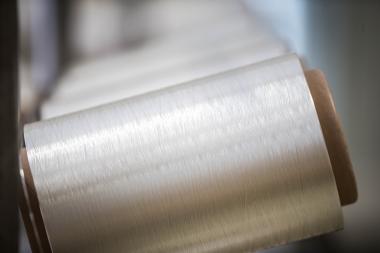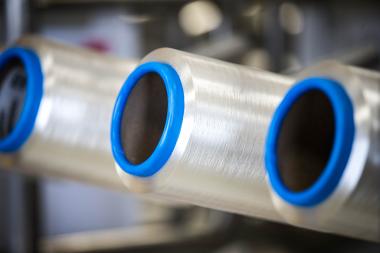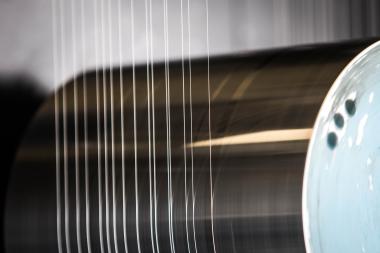Julien Born new CEO of HeiQ AeoniQ Holding
HeiQ AeoniQ Holding, a subsidiary of HeiQ Group, is appointing Julien Born as its CEO, leveraging his extensive executive leadership and profound textile industry expertise cultivated in prestigious organizations such as DuPont, KOCH Industries, and The LYCRA Company, where he served as CEO since 2021. Julien Born will champion the growth of the cellulosic filament fiber HeiQ AeoniQ™.
The HeiQ AeoniQ™ technology is poised for commercial production at the inaugural manufacturing facility in Portugal by the close of 2025. The just concluded €5M acquisition of land and buildings, within a 2-year project total investment of €80M, marks a pivotal milestone for the 15,000m2 facility in Maia, Porto. Situated strategically in Portugal's textile hub and a mere 20 minutes from a major commercial port, this facility is poised to catalyze the scale-up phase of the business, going from pilot manufacture to mass production when it wants to compete at full-scale on cost and performance with fossil fuel-based fibers.
HeiQ intends to consolidate the Group’s current and future activities in Portugal at the newly acquired site. This includes Shared Service Center functions as well as the Innovation Hub for the HeiQ Textile & Flooring business unit.
The recent addition of Julien Born to lead the charge follows the nomination of Robert van de Kerkhof to the HeiQ Board, a seasoned executive with extensive textile experience holding positions as CCO, CSO, Board member of Lenzing Plc, and Chairman of CIRFS, the European Man-Made Fibres Association. Robert will also serve as the Chairman of the HeiQ AeoniQ Holding Board.
HeiQ AeoniQ Holding, established as an independent subsidiary to attract new investors, value-chain partners, and brands, embarks on an ambitious multi-year scale-up strategy. This strategy involves integrating diverse sources of bio-derived feedstock and hyper-scaling cellulosic filament fiber production capacity over the next decade, targeting industries such as apparel, footwear, automotive, home textiles, and aeronautics.
HeiQ Materials AG


